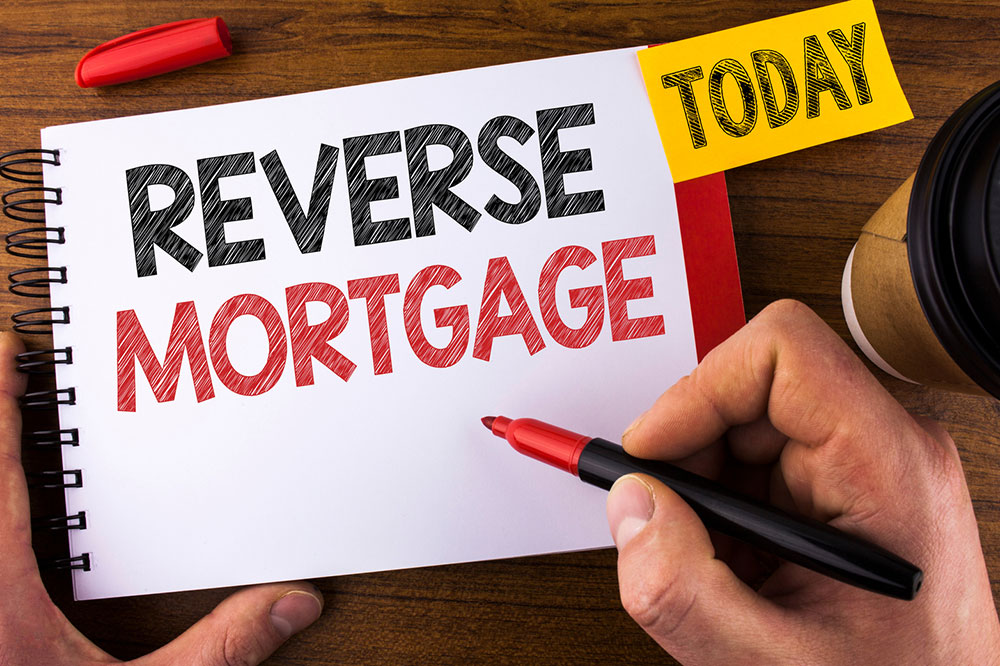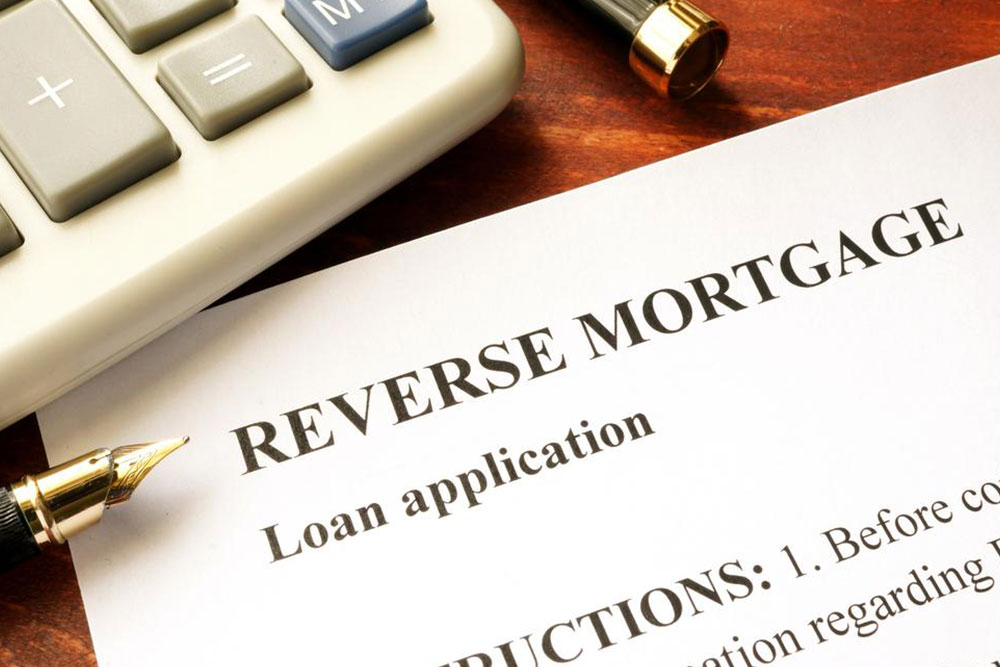Determining Your Eligibility for a Reverse Mortgage Loan
Discover the eligibility requirements for a reverse mortgage, including age, home equity, residency, and financial criteria. Learn about the necessary procedures, property standards, and important considerations for retirees exploring a reverse mortgage. Consult professionals for personalized advice to determine if this financial option suits your retirement plans.

Assess Your Qualification for a Reverse Mortgage
A reverse mortgage differs from a traditional mortgage where monthly payments are made to own the property. Instead, the lender provides you with payments based on your home’s equity, which are tax-free and typically do not require repayment as long as you occupy the residence.
Here are the key criteria to qualify for a reverse mortgage:
Age Requirement
You must be at least 62 years old to qualify. Recent regulations also allow some exceptions for non-borrowing spouses under specific conditions.
Home Equity
You need to have a minimum of 50% home equity to qualify, ensuring enough value in your property for the loan.
Primary Residence
The home must be your main residence and should be self-occupied. Investment properties do not qualify for reverse mortgages.
Mandatory Counseling
Before approval, applicants are required to participate in a counseling session with a HUD-approved agency. This helps clarify the loan’s details and suitability for your needs.
Additionally, your property must meet specific conditions:
The home should be owner-occupied, including FHA-approved condominiums, multi-family units of up to four, single-family homes, and townhouses.
It needs to be in good condition, properly maintained, free of termites, with functioning systems such as garage doors and electrical outlets.
An appraisal by an approved professional will assess its value.
Financial requirements also play a crucial role:
Your income must cover property expenses like taxes, insurance, and HOA fees.
The lender may review your credit report to evaluate your finances and existing obligations.
While reverse mortgages can provide financial relief during retirement, keep in mind:
No additional fees or charges are usually added.
Interest rates may vary, affecting the total amount owed over time.
Interest accrues on the loan, increasing the overall balance owed.
The interest isn’t tax-deductible until the loan is fully or partially repaid.
If your spouse is not on the loan, they can continue residing in the home after your passing, provided that all related expenses are maintained.










